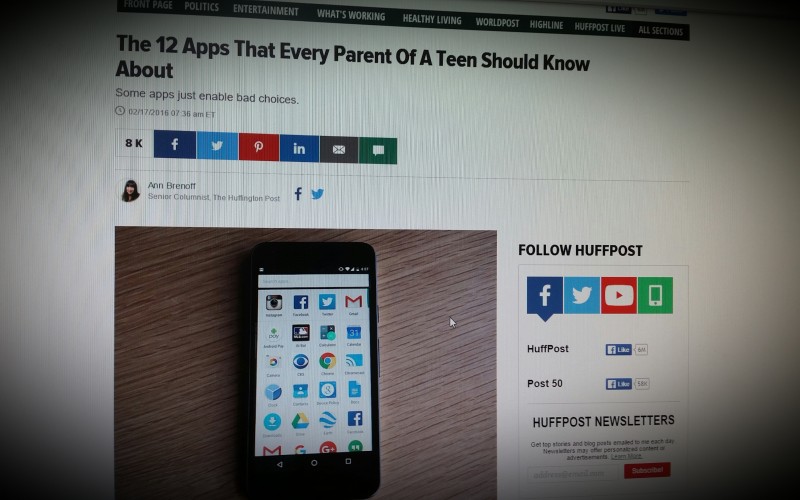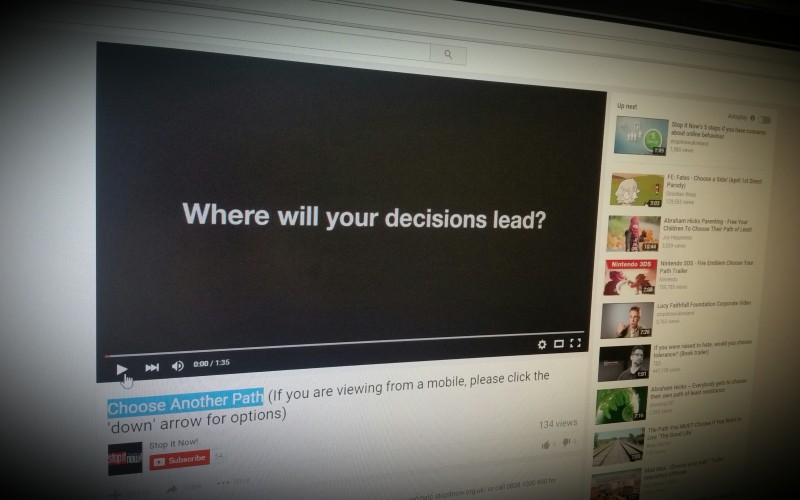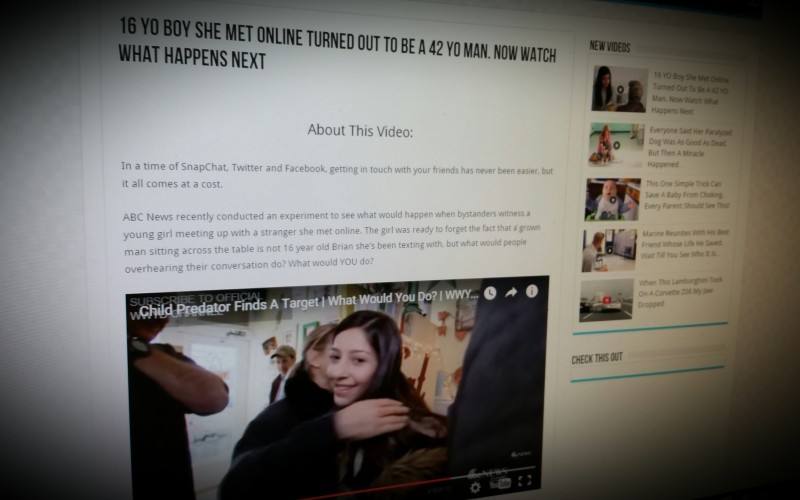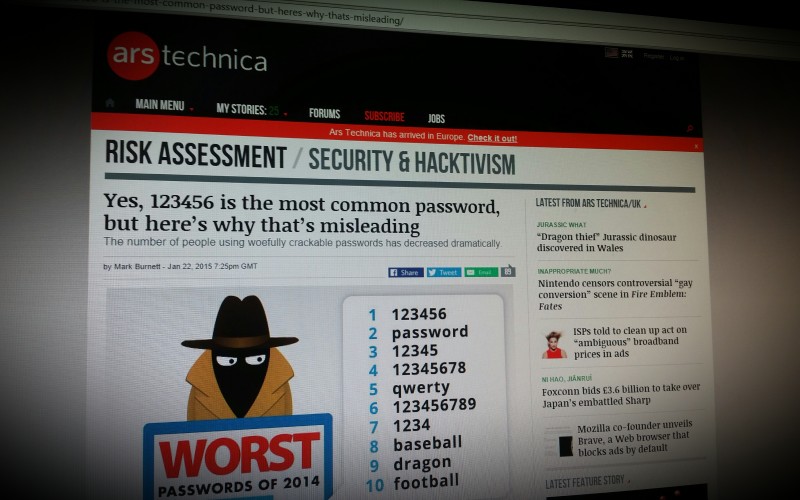Not everything online is evil, nor does danger lurk behind every new app that comes to market. But keeping up with your teens' and preteens' online activities is much like trying to nail jelly to the barn door -- frustrating, futile and something bound to make you feel inept.
Keep in mind that no app poses a danger in and of itself, but many do provide kids with an opportunity to make, ahem, bad choices.






Comments
make a comment